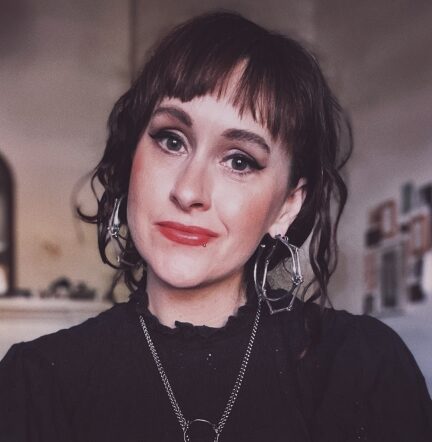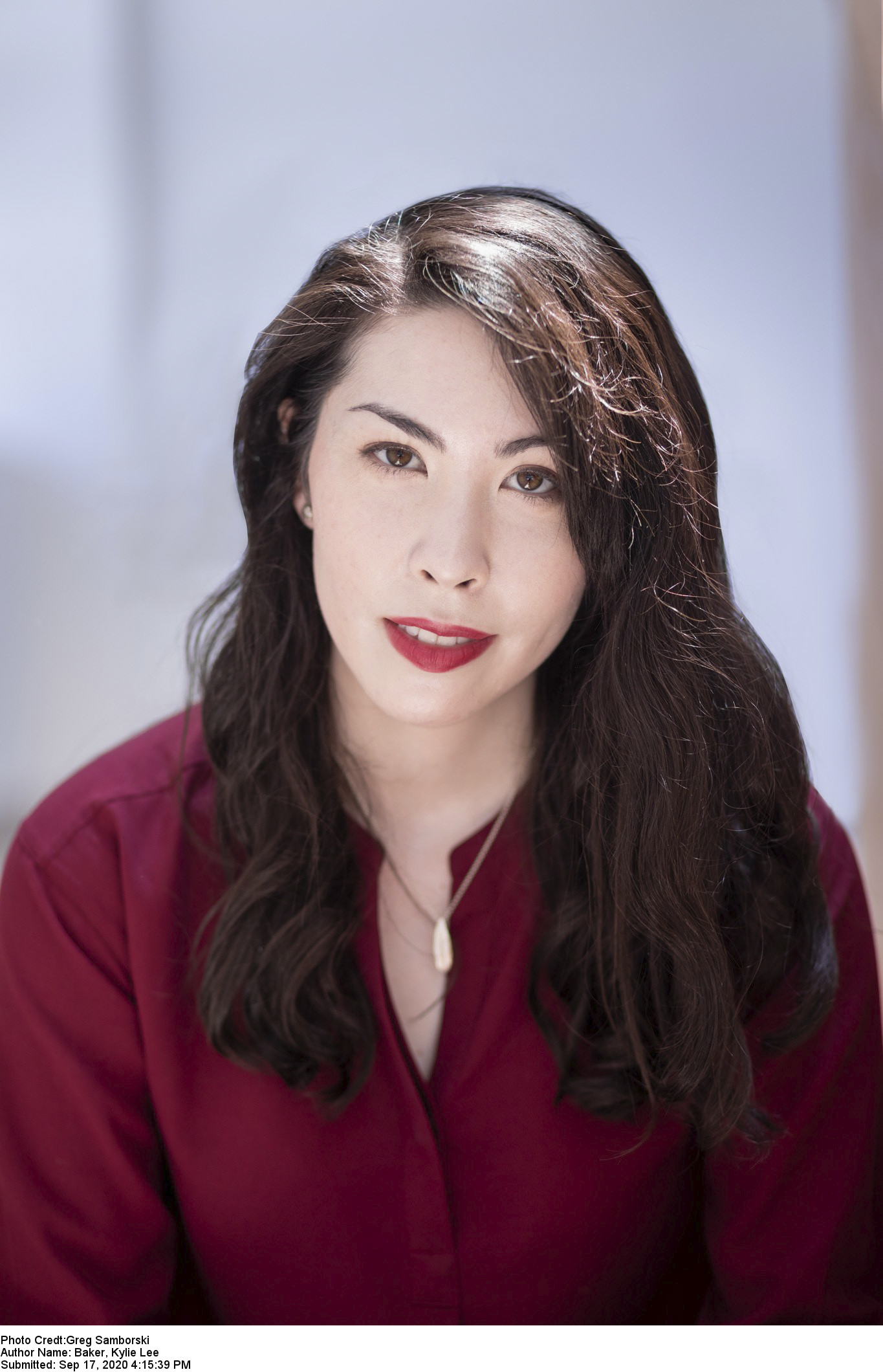
by Michele Kirichanskaya | Oct 13, 2023 | Blog
Lyndall Clipstone writes about monsters and the girls who like to kiss them. A former youth librarian who grew up running wild in the Barossa Ranges of South Australia, she currently lives in Adelaide, Australia, where she tends her own indoor secret garden. She is...

by Michele Kirichanskaya | Oct 7, 2022 | Blog
Kylie Lee Baker grew up in Boston and has since lived in Atlanta, Salamanca, and Seoul. Her work is informed by her heritage (Japanese, Chinese, & Irish) as well as her experiences living abroad as both a student and teacher. She has a BA in creative writing and...

by Michele Kirichanskaya | Dec 15, 2021 | Blog
Kate Pentecost is from the forest on the Texas/Louisiana border. She holds an MFA in Writing for Children &Young Adults from Vermont College of Fine Arts. She is the author of Elysium Girls (2020,) and the forthcoming YA dark fantasy romance That Dark Infinity....




